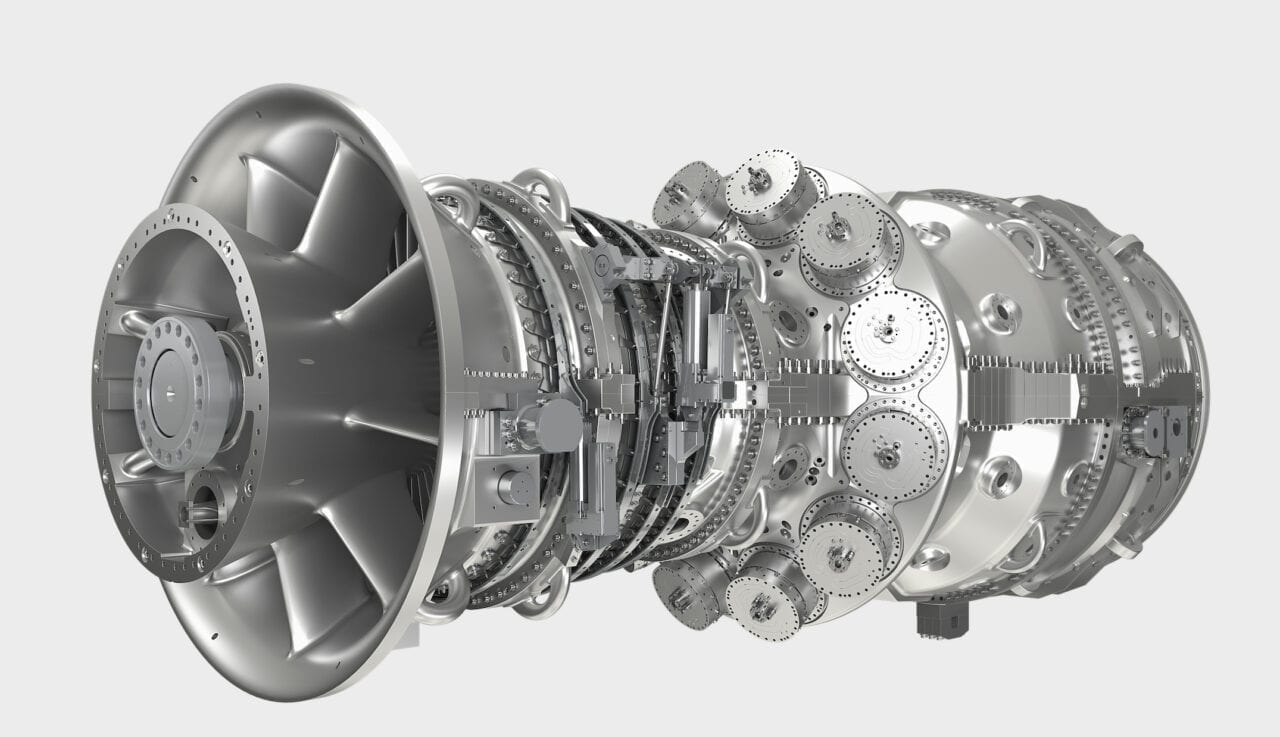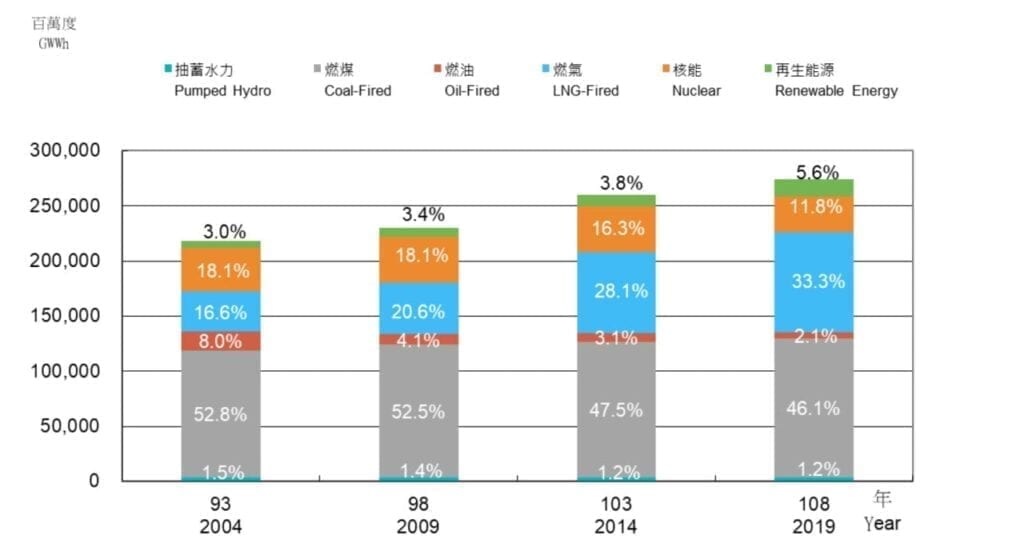The post GE, CTCI Score 6.5-GW Gas Power Contract Win in Taiwan appeared first on POWER Magazine.

General Electric International Inc. (GE) and consortium partner Taiwanese engineering services firm CTCI have bagged a multi-billion-dollar engineering, procurement, and construction (EPC) contract for five combined cycle gas-fired power units in Taiwan.
The consortium will build three new units at the 3.9-GW Hsinta Power Plant and two new units at the 2.6-GW Taichung Power Plant. The two plants owned by state-owned utility Taiwan Power Co. (Taipower) are slated to come online in phases, starting in 2024.
Power Plants Based on HA Technology
As part of the project scope, GE Gas Power will deploy 10 7HA.03 gas turbines—the newest model in its 2014-launched high-efficiency air-cooled (HA) gas turbine line—as well as five steam turbine, 15 generators, and 10 heat recovery steam generators. CTCI will provide engineering and construction of civil work and erection for the generating units, as well as the balance of plant.
GE said the award will become an order “following contract closure and payment, which is expected within six months.” The win is a big one for the U.S.-based conglomerate, which has seen demand for large gas turbines decline as competition in the gas turbine sector grows more intense. In the first half of 2020, the company recorded only eight orders for heavy-duty gas turbines, compared to 27 for the same period in 2019. Its HA-turbine orders also fell to just two turbines in the first half, compared to 10 for the same period in 2019.
GE told POWER when it unveiled the 7HA.03 last year that the new model has a single-cycle net output of 430 MW—a sizable boost compared to its forerunner, the 7HA.02, which is rated at 384 MW, and the first-generation gas turbine in the HA class, the 7HA.01, which is rated at 290 MW. In combined cycle, a 1×1 7HA.03 plant can offer 640 MW, and in a 2×1 configuration, rated output reaches 1,282 MW. Like previous HA models, the 7HA.03 features a 10-minute start-up, but it remarkably intensifies the ramp rate to 75 MW per minute.
The first plant likely to showcase the new model is Florida Power and Light’s (FPL’s) Dania Beach Clean Energy Center, which is slated to come online in 2022. GE Gas Power also already has several contracts for HA machines in Taiwan, including for 7HA.03’s at Datan 7, 8, and 9.
The newest 6.5-GW contract is also a big win for Taipei-headquartered CTCI. The firm—founded in 1979—has 7,000 employees in 40 affiliates spanning 15 countries. The company said it has built several plants as an EPC contractor in Taiwan and Southeast Asia, including nuclear, thermal, cogeneration, and combined cycle power plants. CTCI said in a statement that its parent company CTCI Group “continues to be a strong supporter of the government’s energy diversification policies by tapping into renewable energy sectors such as offshore wind, solar power, and biomass.”
Taiwan’s Power Transition
When the new generating units at Hsinta and Taichung plants begin to come online in 2024, they are expected to replace coal-fired power generating units and bolster Taiwan’s energy transition, GE and CTCI said.
Taiwan is an island that imports about 98.5% of its energy. It embarked on power sector reforms in 2017, and the administration of 2016-elected President Tsai Ing-wen has since moved to phase out nuclear power, boost renewable energy, and tamp down coal’s share of the nation’s power mix (Figure 1).

Under Taiwan’s Renewable Energy Development Act (REDA) energy policy, the Tsai administration is targeting a 2025 power generation fuel mix that will rely on liquefied natural gas (LNG) for 50% of its power, 30% on coal, and 20% on renewables. The Tsai administration also plans to increase installed solar photovoltaic capacity in the country to 20 GW and offshore wind capacity to 5.5 GW by 2025.
Gas’s share stood at 33.3% at the end of 2019, according to the Taiwan Bureau of Energy, though it has increased substantially over the past decade. Taiwan, notably, also ranks high among countries worldwide that import LNG. According to government data, the country imported 17.02 million metric tons of LNG in 2019, and 78% of its imports were consumed by power generation. Taipower was the single biggest consumer of the fuel last year. Increasing gas generation to 50% will require Taipower to increase its LNG intake significantly.
—Sonal Patel is a POWER senior associate editor (@sonalcpatel, @POWERmagazine).
The post GE, CTCI Score 6.5-GW Gas Power Contract Win in Taiwan appeared first on POWER Magazine.